Category: Sensors
-
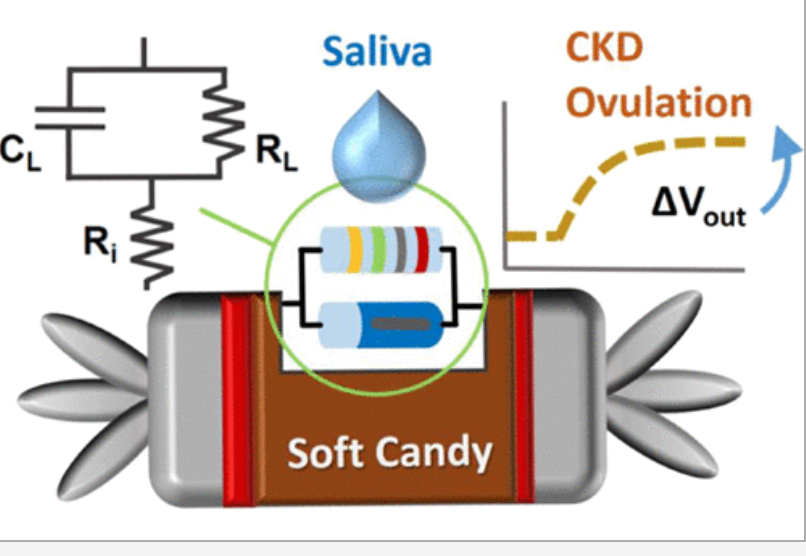
Candy sensor prototype to monitor electrolytes, ovulation, kidney function through saliva
Korea University professors Beelee Chua and Donghyun Lee have developed a health monitoring sensor using saliva collected from a Tootsie Roll candy to detects salt and electrolyte levels, and monitor ovulation status and kidney health. The easily accessible, low-waste sensor is simply licked. To make the prototype sensor, a Tootsie roll was flattened and crevices…
-
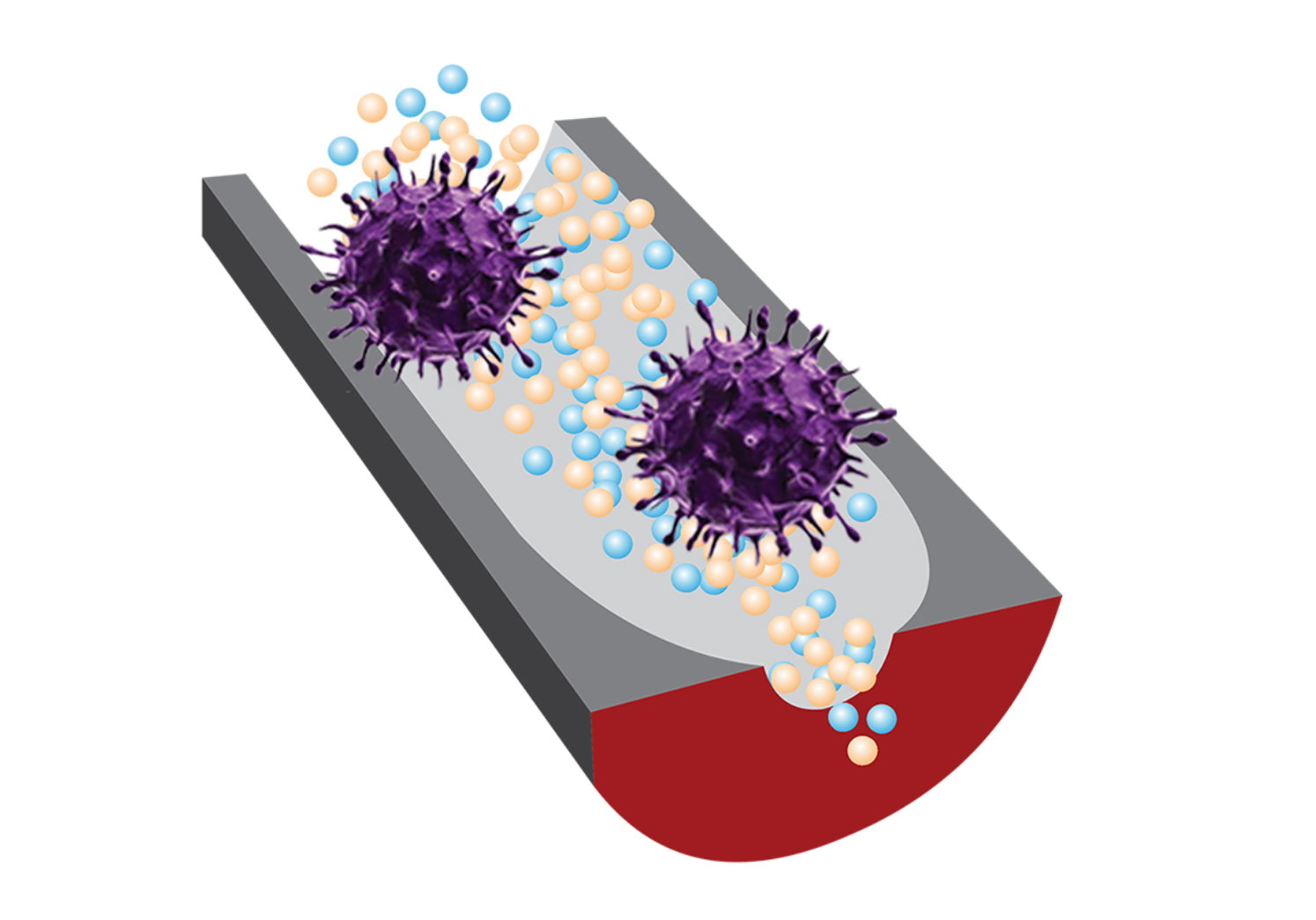
DNA sensor detects whether virus is present and infectious, including COVID 19
Yi Lu and Benito Marinas at the University of Illinois and University of Texas have developed a sensor that detects both the presence of a virus and whether or not it is infectious, integrating purpose designed DNA fragments and nanopore sensing. They have already studied its potential with the adenovirus and COVID 19. Current PCR…
-
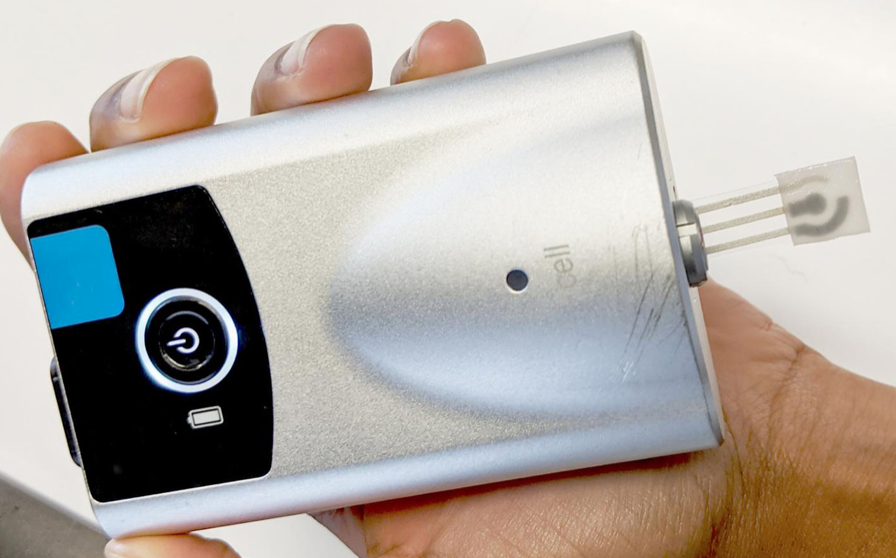
Wang’s fingertip sweat sensor detects glucose levels
UCSD’s Joe Wang has developed a totally noninvasive sensor and algorithm to detect glucose levels from sweat on the fingertip. The painless, rapid, and accurate system could revolutionize diabetes management. The systemcombines a simple touch-based fingertip sweat electrochemical sensor with a new algorithm that addresses for personal variations toward the accurate estimate of blood glucose…
-
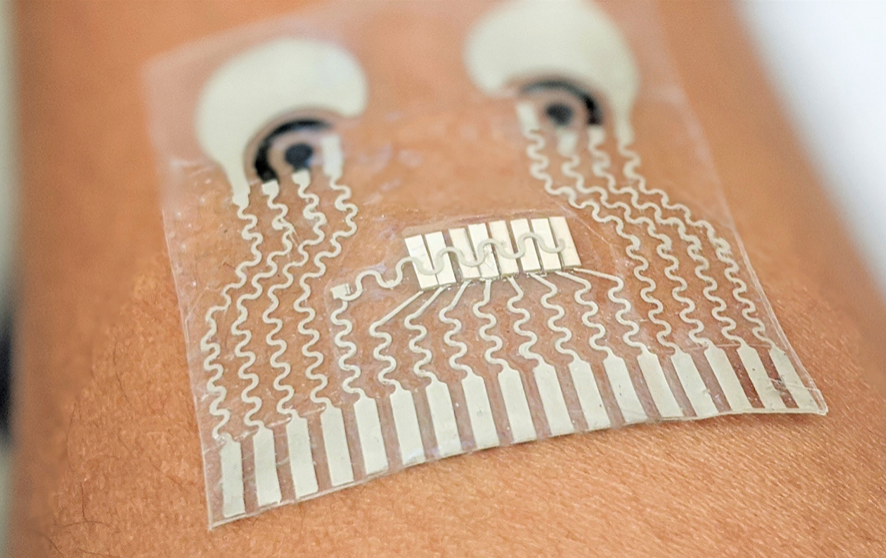
Patch simultaneously monitors blood pressure, biochemical levels
UCSD’s Joe Wang continues to define the future of vital sign monitoring with a combination of advanced chemistry and unobtrusive wearables. Together with Professor Sheng Xu, he has developed a skin patch that continuously tracks blood pressure and heart rate while measuring glucose levels, lactate, and alcohol or caffeine. It is the first wearable device…
-
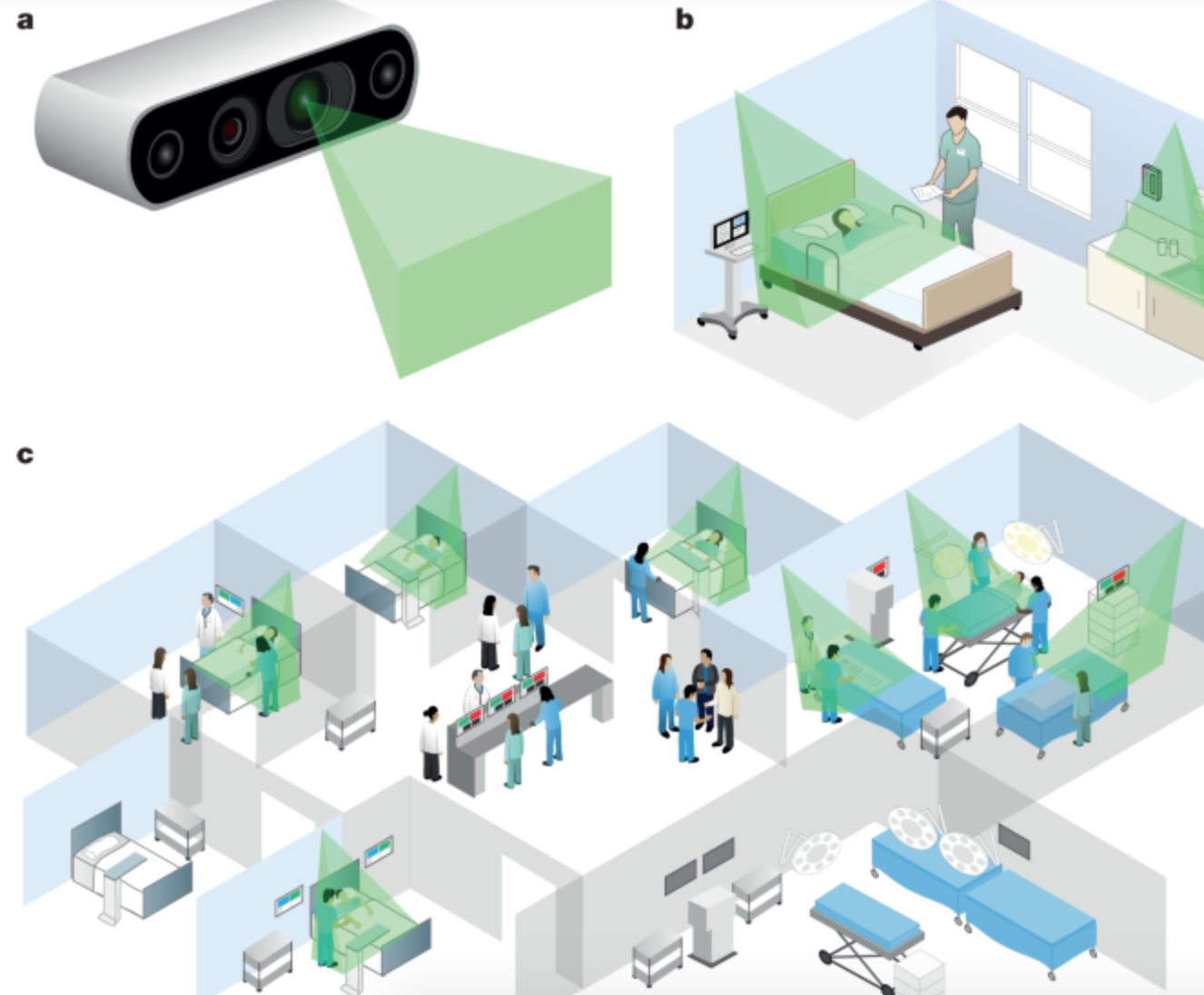
“Ambient intelligence” monitoring to prevent medical errors, send alerts
Stanford’s Fei Fei Li, Arnold Milstein and albert Haque have developed AI and sensor based “ambient intelligence” protocols to prevent medical errors and improve outcomes. Applications include alerting clinicians and visitors when they fail to sanitize their hands before entering a hospital room; monitoring the elderly for behavioral clues of impending health crises; prompting caregivers,…
-
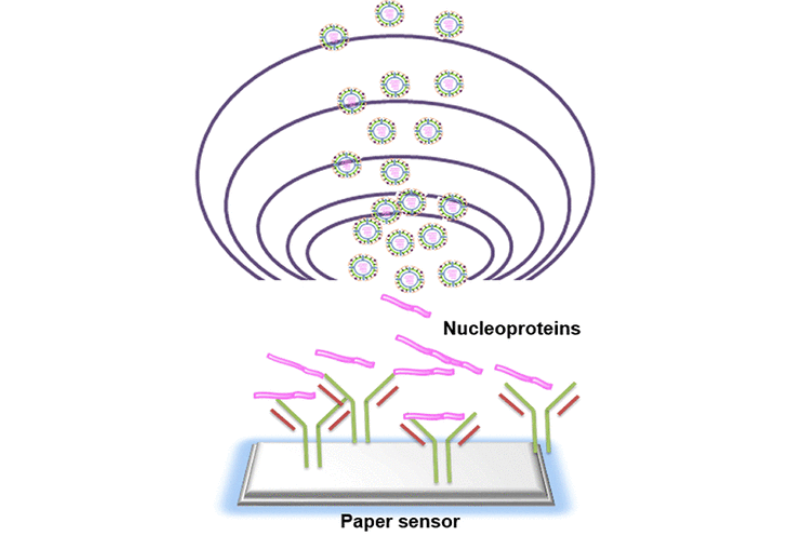
Electrostatic and electrochemical sensors rapidly detect airborne viruses
Jang Jae-sung and Ulsan colleagues have developed a method to quickly and accurately detect airborne viruses, to inform public health and quarantine efforts. Electrostatic force captures and condenses viruses in the air, and a paper electrochemical sensor checks samples for antigens and virus antibodies. Liquid particles as small as 1 micrometer have been successfully collected.…
-
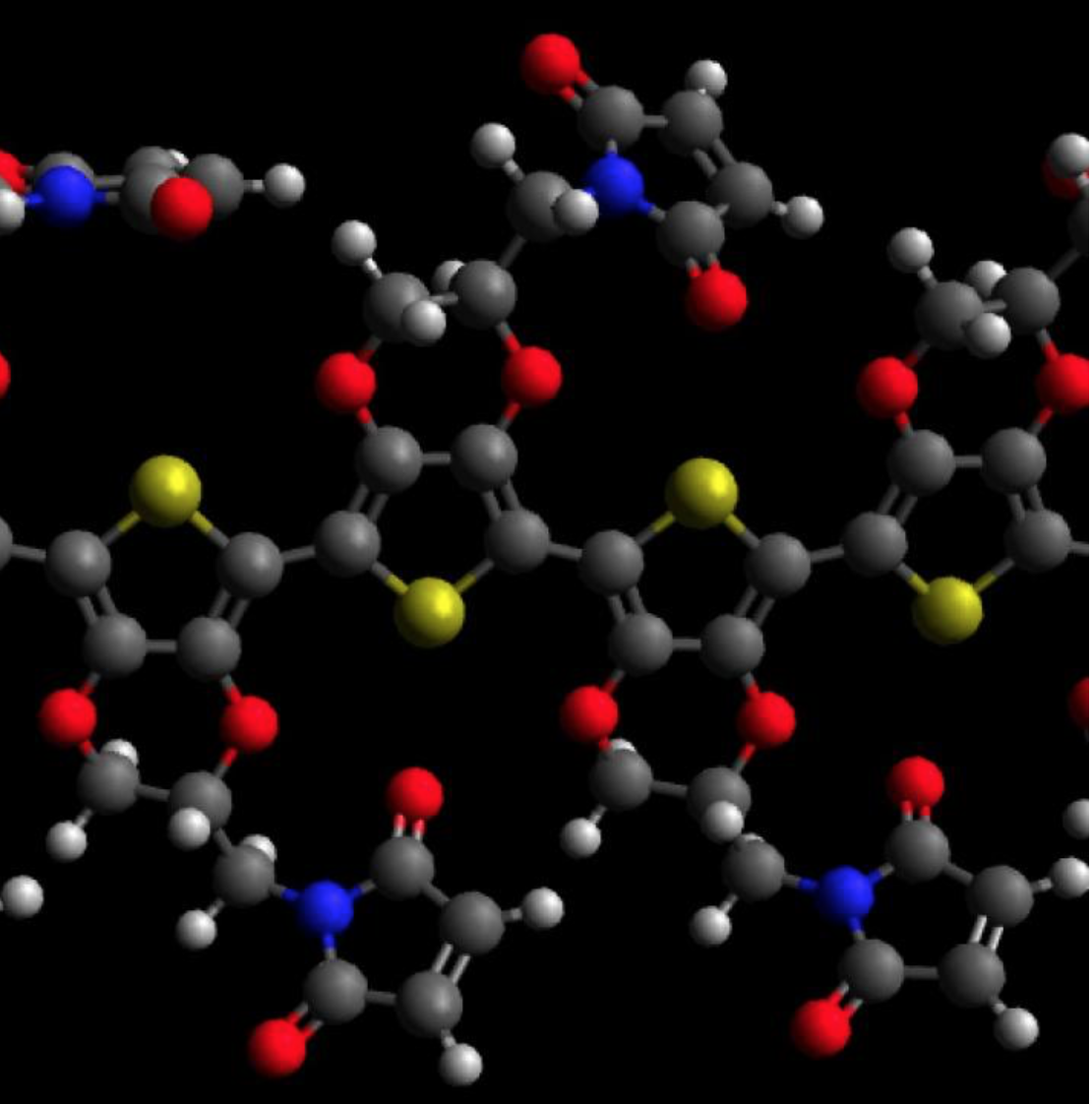
Polymer improves medical implants, could enable brain-computer interface
David Martin and University of Delaware colleagues have developed a bio-synthetic coating for electronic components that could avoid the scarring (and signal disruption) caused by traditional microelectric materials. The PEDOT polymer improved the performance of medical implants by reducing their opposition to an electric current. Pedot film was used with an antibody to stimulate blood…
-
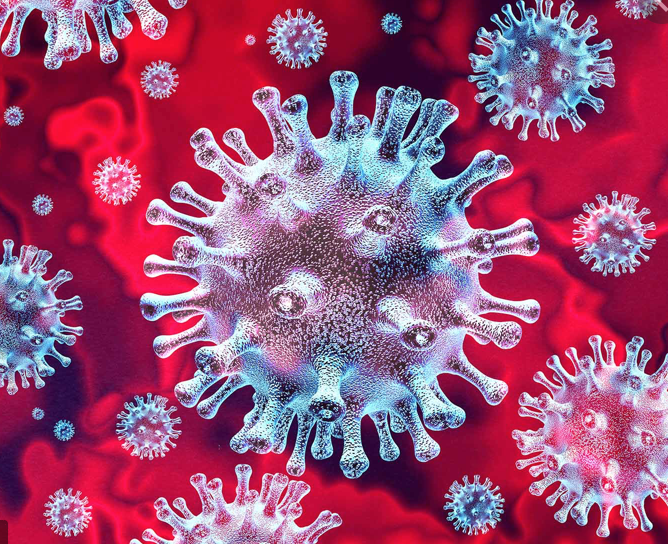
Presymptomatic COVID detection with wearables
Stanford’s Michael Snyder and colleagues have used smartwatch data to detect early, presymptomatic COVID-19 in 31 individuals out of a cohort of 5,000. They demonstrated that COVID-19 infections are associated with alterations in heart rate, steps and sleep in 80% of cases. Physiological alterations were detected prior to, or at, symptom onset in 85% of…
-
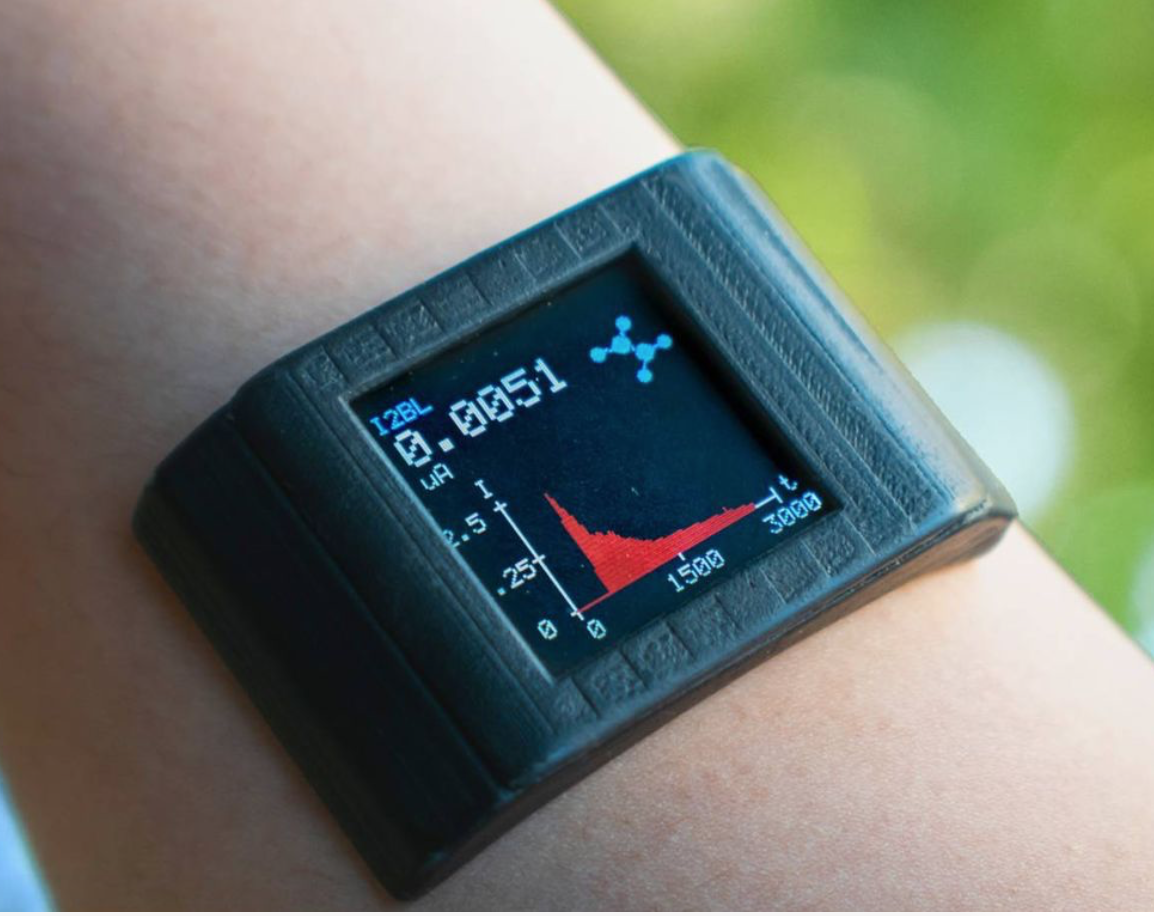
Sweat sensor monitors drug levels, informs dosage
Sam Emaminejad, Shuyu Lin, Carlos Milla, Ronald Davis and UCLA and Stanford colleagues have developed a watch which monitors drug levels inside the body by analyzing a wearer’s sweat. The goal is individually tailored drug dosages. Dosages are currently prescribed based on statistical effectiveness averages driven by weight and age. However, constantly changing body chemistry…
-
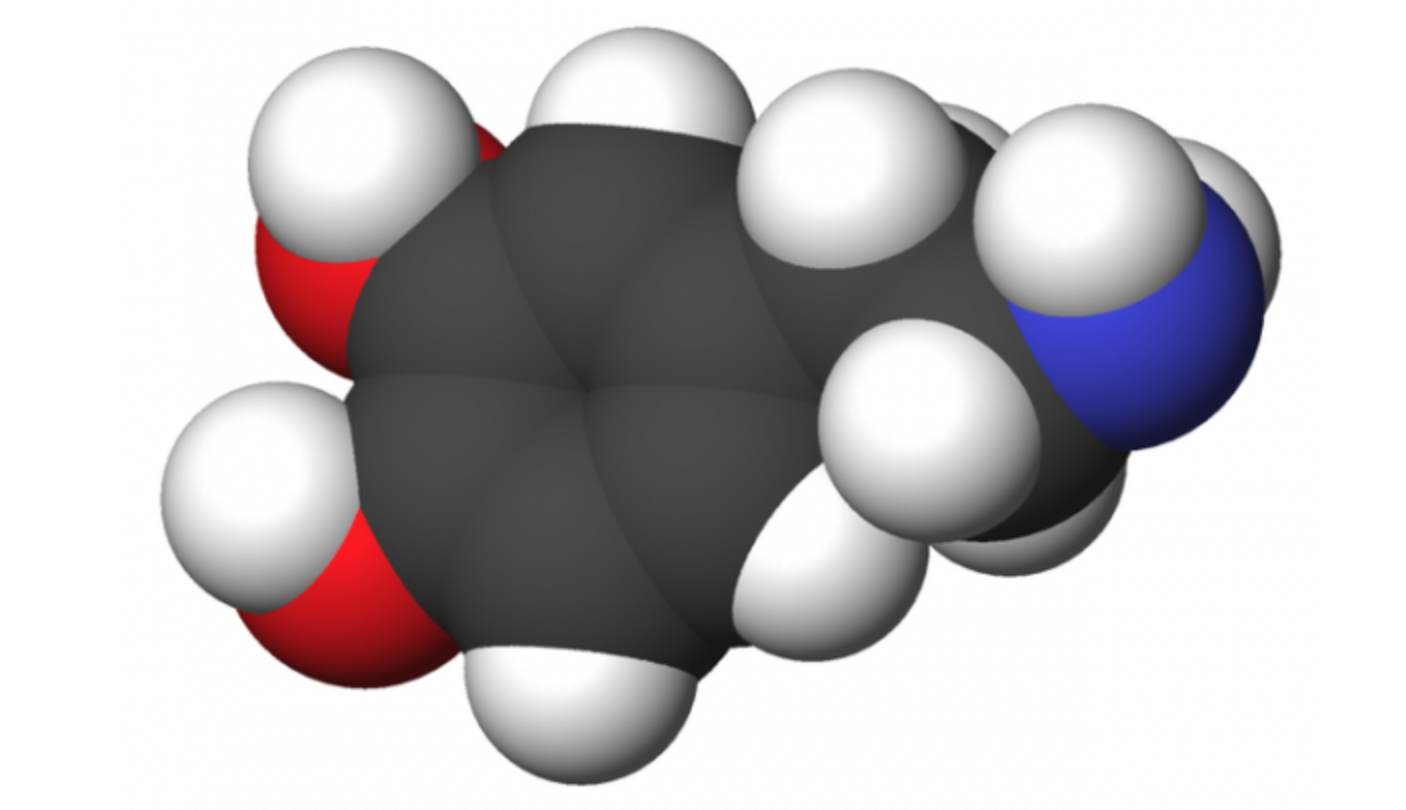
Sensor platform detects dopamine in sweat; could be used for future treatment
Penn State’s Aida Ebrahimi and Maurico Terrones, RPI’s Humberto Terrones, and colleagues, have developed a highly sensitive, non-invasive wearable Dopamine sensor platform. The goal is the use of the technology to develop wearable sensors able to track and eventually treat conditions caused by too much (ie schizophrenia) or too little (ie Parkinson’s, depression) dopamine. The…
-
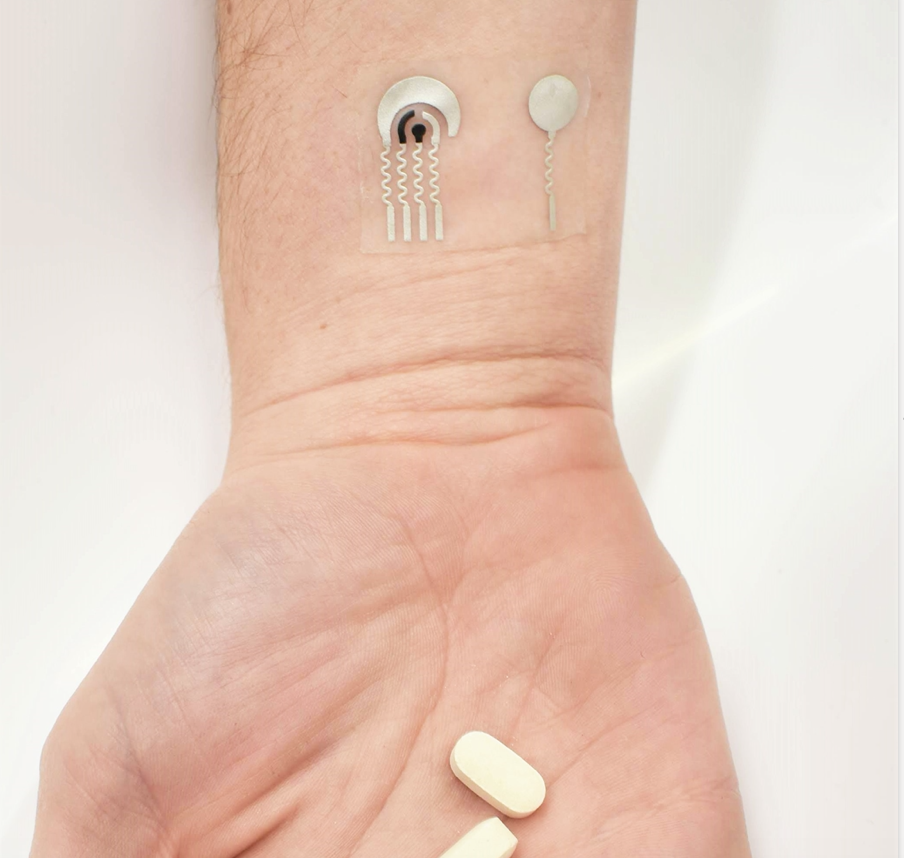
First nutrition monitoring wearable tracks vitamin C; could be useful in COVID treatment
UCSD’s Joe Wang has again disrupted chemical sensing, by creating a wearable vitamin C sensor, which is a departure from now common vital sign and activity sensing wearables. This is the first time a wearable has been used to track nutritional intake, a key component of general health and disease prevention. Vitamin C cannot be…
-
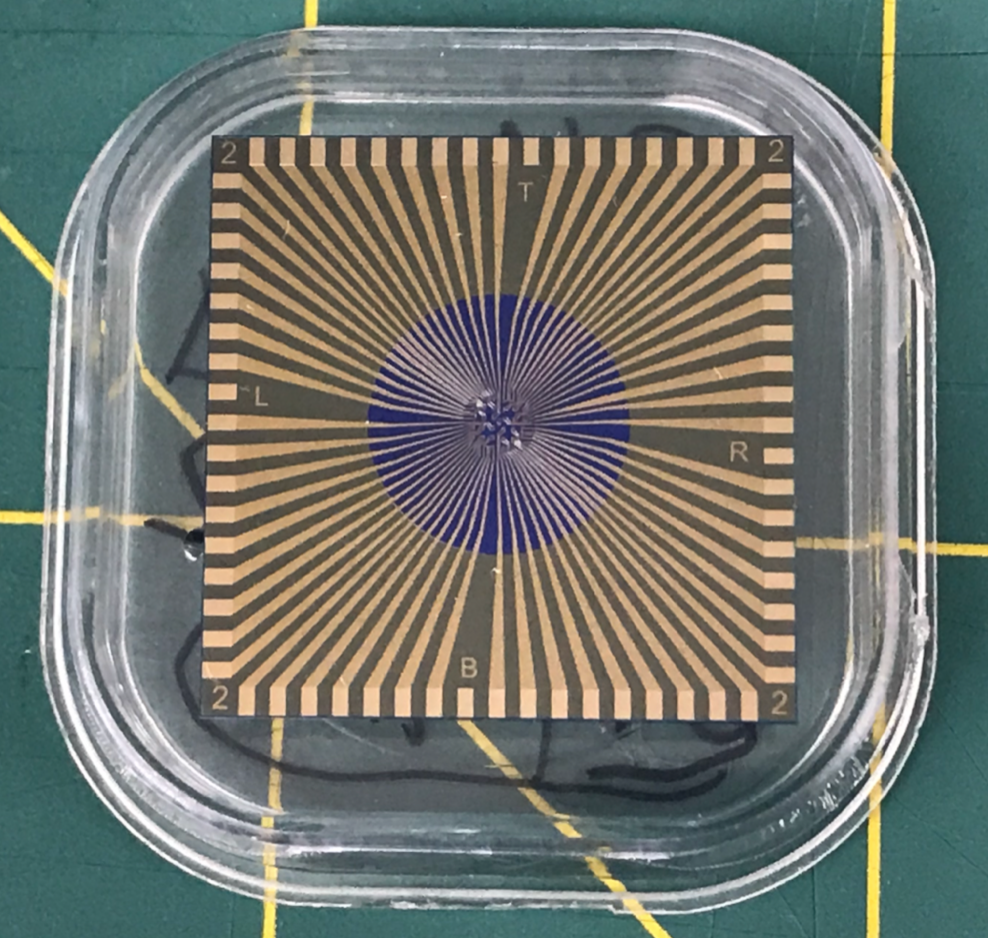
Single sensor could simultaneously detect, differentiate between flu, coronavirus
University of Texas professor Deji Akinwande is developing a graphene sensor that can tell the difference between flu and coronavirus, and test for both simultaneously. The goal is to save time, medical resources, and cost, and speed appropriate treatment, as a second COVID wave could correspond with the next flu season. The sensor is the…